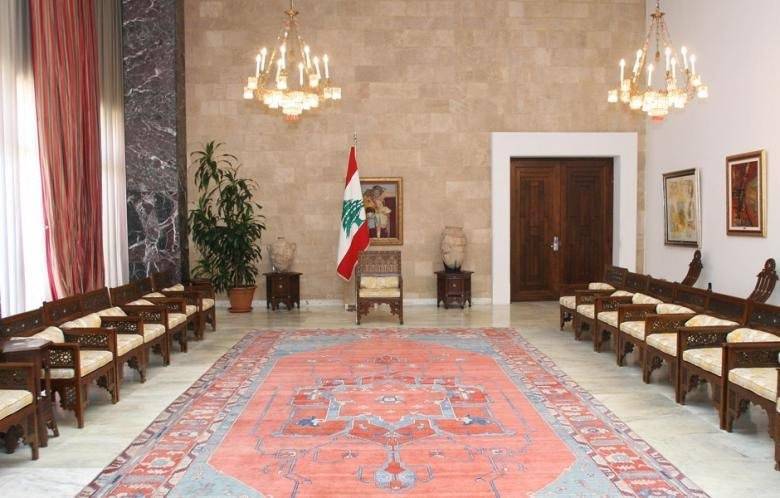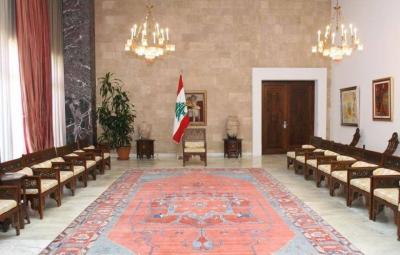Lebanon entered the holiday season early, postponing political crises, especially the presidential and governmental deadlines, to the new year, while the socio-economic decline continues to put significant pressure on the Lebanese, who are now struggling to secure the most basic living essentials, especially as the dollar's rise approaches the threshold of 44,000 Lebanese pounds. Amid these circumstances, there has been external interest in pulling the country out of the bottleneck, as reflected in leaks following meetings among international officials, demonstrating concern for the Lebanese situation, particularly regarding the urgency of electing a president.
Lebanese sources indicated a concurrent French-American-Saudi interest in the presidential file, albeit primarily from a monitoring perspective. A source from the Élysée Palace confirmed that French President Emmanuel Macron discussed the Lebanese matter with Qatari Emir Tamim bin Hamad Al Thani during his visit to Doha a few days ago. The source revealed that Macron will address the Lebanese issue at the summit in Oman next week and express his aspirations for the election of a president and the implementation of expected reforms to aid Lebanon in the near future.
With the presidential vacuum ongoing, the U.S. Senate Foreign Relations Committee has discussed holding accountable those undermining institutions and the rule of law in Lebanon, urging the U.S. administration to use all available means, including sanctions, to push Lebanese lawmakers to elect a new president and form a government as soon as possible.
Political circles anticipate a shift in "Hezbollah's" stance on the presidential elections with the onset of the new year, potentially moving away from the white ballot option towards clearly announcing its candidate's name. Regarding the government's operation amid the presidential vacuum, its President Najib Mikati expressed his willingness to hold sessions if necessary, which was acknowledged by ministers during a consultative meeting.




